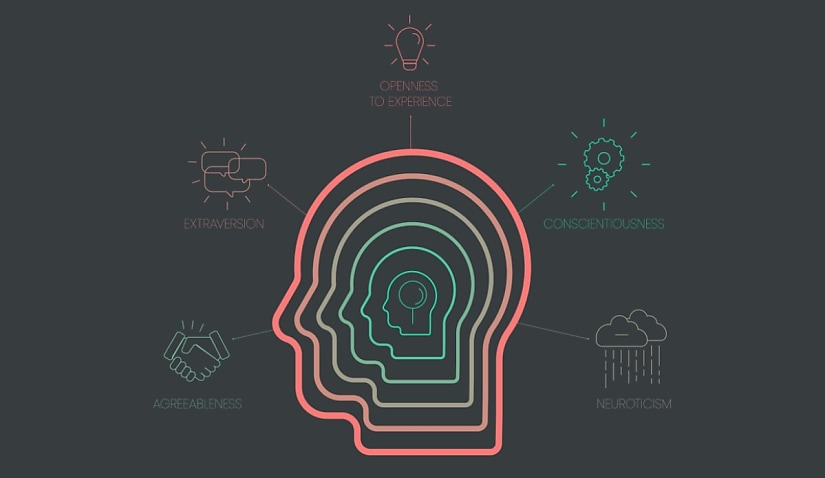Powered by MOMENTUM MEDIA
A new report unveils the essential characteristics for a highly effective general counsel to possess.

General Counsel Under the Magnifying Glass is a white paper produced by international legal recruitment company Laurence Simons, which surveyed a sample of 149 GCs from the UK, Europe, and the US, to identify the most important competencies for success in the role.
The report illuminated one paradox of a GC — a strong ability to draw on both empathy and logic, along with the flexibility to hone these capabilities to fit the situation at hand.
“We see that GCs have a natural ability to take charge, apply objective, rational thinking whilst also being empathetic and collaborative,” explained Angela Floydd, chief commercial officer at Laurence Simons.
A GC should be situationally agile, dialling up and down different qualities to suit the context, the report noted.
Another paradox seen in GCs is that they are generally quite competitive but also highly collaborative — this suggests a strong drive for success that manifests through a win-win approach, rather than being driven from self-interest.
GCs have a great deal of qualities that orient them to being outcome-focused — whilst this makes them strong and confident leaders, when under pressure, they face a risk that might see their leadership style shift from strong to autocratic.
On the other hand, GCs with strong people-focused characteristics have the potential to retreat under pressure, which may result in “watered-down” decisions.
“Some GCs with a higher inclination towards the outcome-focused qualities have recognised becoming too tough or directive under pressure,” Ms Floydd noted. “Whereas others risk becoming emotionally stretched or acquiescing under pressure.
“Neither is healthy or constructive, but recognising when these behaviours are creeping through can help shift the behaviour.”
Lawyers aspiring to become GCs may hold competencies and qualities that differentiate them from their peers, which may lead them to perceive these differences as a negative — hiding their natural pioneering, people-focused competencies to fit in with their peers.
These underlying competencies can be developed to become strengths through coaching, the report noted.
“To fast-track the GC competencies, I would encourage lawyers early in their career to be more authentic at work and exercise their underlying creative thinking and people skills,” Ms Floydd advised.
We're evolving — and so should your insights. Heads up — Lawyers Weekly is going premium from 1 May for just $5 a month. Stay informed without missing a beat. More information coming soon.